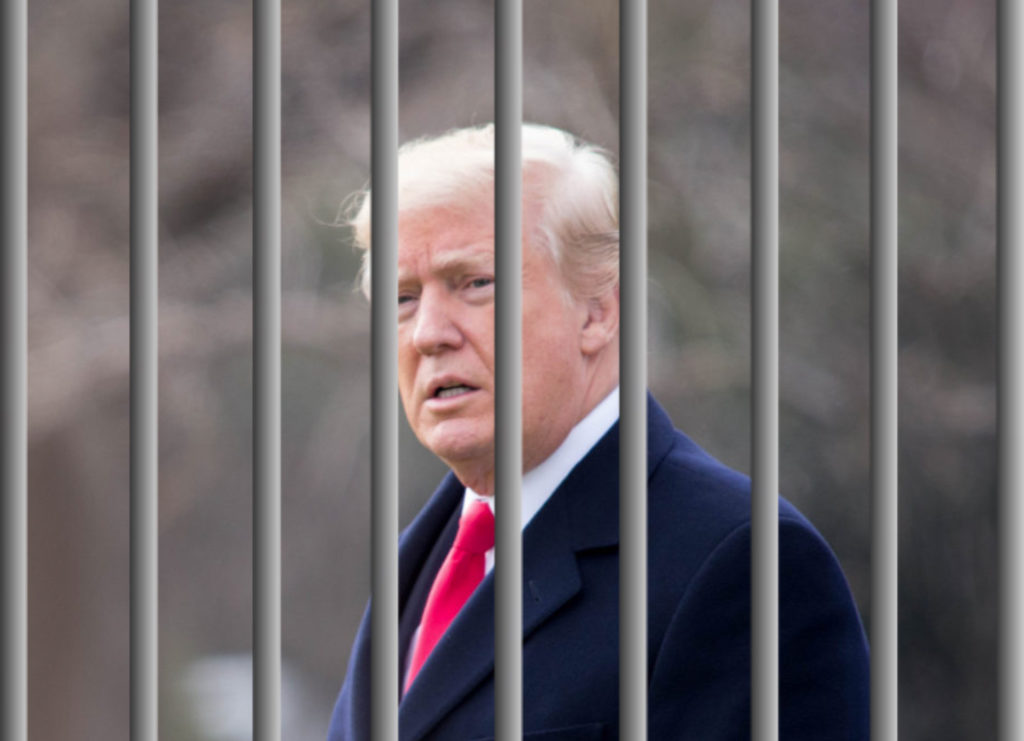Poetic justice

When criminals plan to break the law, they often need to make contingency plans. They may ponder how to get away with their crimes. Their minds spinning like pinwheels, they will often analyze this lie or that lie, take note of possible clues they’re leaving behind, look into the future and imagine how they could be caught, and then carefully take pains to cover their criminal tracks.
Ironically, one of Donald Trump’s strategies was to avoid sending emails. Michael Cohen testified that Donald Trump did not want a paper trail . Therefore, he was painstakingly careful not to send and receive emails that have tripped up many a criminal.
Emails are a crucial form of evidence, often leaving digital fingerprints that can be traced back to the individual who created them. So it was that Donald Trump, Cohen explained, decided — no emails. Emails leave “paper trails.” Prosecutors “salivate” over emails, Cohen explained.
This is all true. But Trump, like so many things, liars and criminals before him, made one major mistake. He blabbed. He was a blabbermouth. You see, my friends, a good criminal — a competent one — knows never to talk — loose lips sink ships, after all.
That is why, in the spirit of lousy, no-good, rotten criminals everywhere, Trump opened that mouth, choppers busily blabbing away to Michael Cohen that he would never leave a paper trail for police and prosecutors.
But Trump talked. He talked and talked and talked. This makes sense because Donald Trump is NOT the type of guy who can keep secrets. He is not a secret keeper. So yes, Donald Trump talked and chattered and blabbed and bragged.
Then, just as this smug criminal — like many a smug criminal before him – had relaxed, confident in his intelligence of which he had little though he did not know it, the blabbermouth was caught — caught like a mouse in a steel trap, forced to listen as the one he’d blabbed to quietly destroyed him. I think there is some rich poetic justice in that — don’t you?
